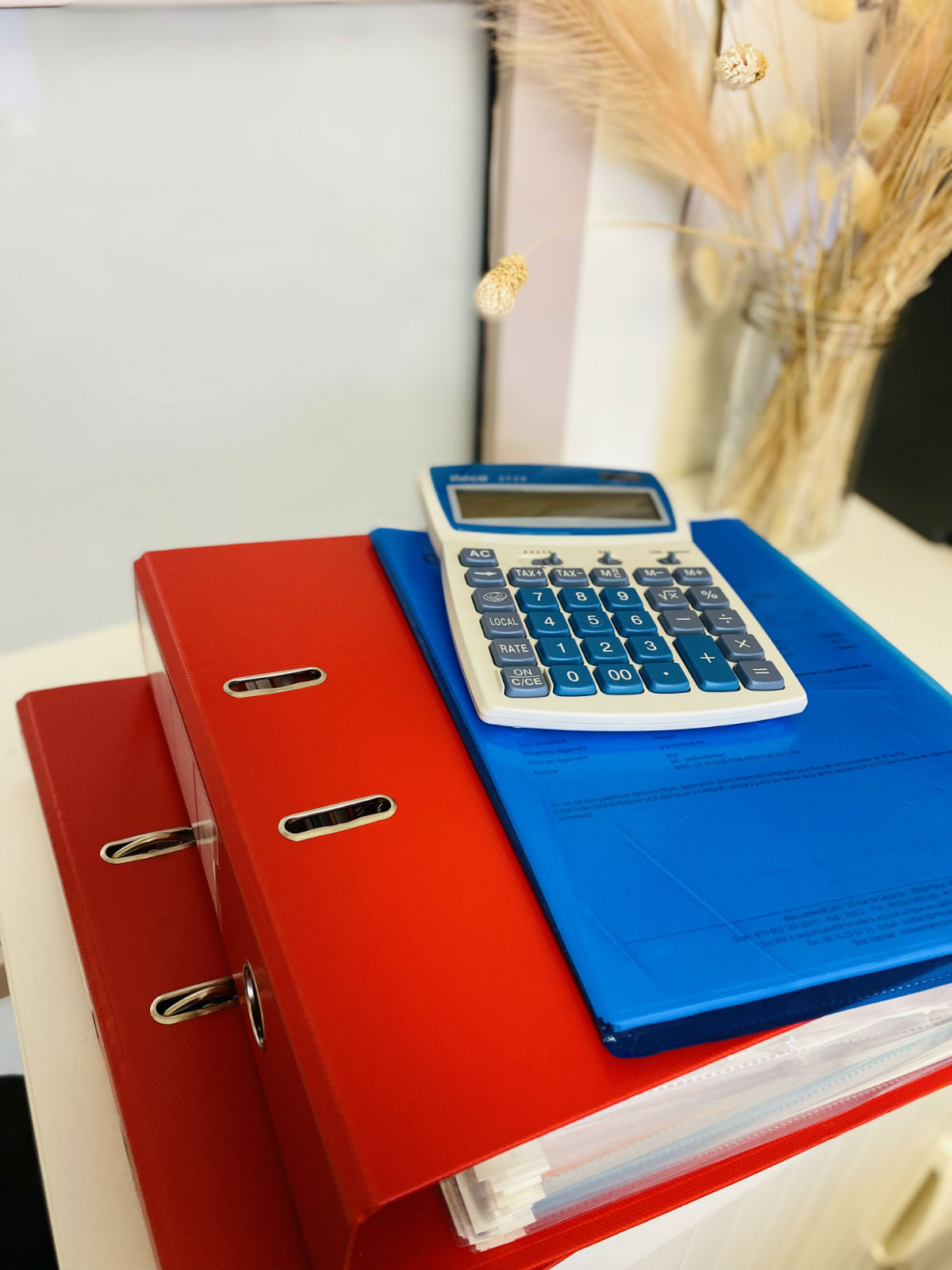Real estate investors have the choice between two statuses. While the majority of owners opt for the LMNP status (non-professional furnished renter), the LMP status (professional furnished renter) offers a particularly attractive range of advantages. However, it is essential to understand what such a status entails before determining whether it is indeed the right one for you.
What is a professional furnished landlord?
A furnished landlord is the owner of a property (house or flat) with a minimum of furniture and equipment, such as: bedding; shutters or curtains on the bedroom windows; cooking hobs; light fittings; fridge; freezer (or freezer compartment integrated into the fridge); storage shelves, etc. The property rented out must therefore be equipped in such a way as to offer a minimum of comfort to its future occupants.
To benefit from the LMP status, two conditions must be met:
– the furnished rental must generate an income of more than €23,000 over the calendar year (from 1 January to 31 December),
– the rental income must be equivalent to more than 50% of the income accumulated by the tax household, i.e. salaries, other BIC income (industrial and commercial profits), etc.
Registration with the Trade and Companies Register (RC S) was initially included in the list of obligations. However, the decision n°2017-689 QPC of 8 February 2018 of the Constitutional Council removes this former condition for access to the LMP status.
What are the advantages of the status of professional furnished landlord?
The advantages are mainly measured in terms of tax.
When the furnished rental is not accompanied by the provision of services, it is automatically exempt from VAT.
As far as income tax is concerned, there are three options available to the professional lessor:
– income tax (IR) declared as BIC,
– corporation tax (IS) declared using the Cerfa form n° 11084*21,
– the micro-enterprise or micro-BIC regime, subject to a rental income ceiling (€72,600 excluding tax for a non-classified property and €176,200 excluding tax for a classified property).
Except for the micro-BIC regime, each option is subject to the actual taxation regime. Certain expenses are therefore deductible, namely
– notary fees and other establishment costs
– loan interest
– costs related to rental management
– insurance
– costs incurred for the maintenance of the property
– expenses related to repairs
– depreciation of furniture
– local taxes
If the purchase price is not strictly speaking a deductible expense, it can be depreciated according to the actual period of ownership.
It is also possible to deduct deficits from the taxable income and to benefit from a partial or total exemption of capital gains on disposal, under certain conditions.
Why invest as a professional furnished landlord?
Mandatory from a rental income exceeding €23,000 of annual income, the status of professional furnished landlord offers you the possibility of taking advantage of an attractive tax framework.
The furnished property constitutes an important source of income for the tax household, as the lease is concluded for a minimum of one year and is tacitly renewable (9 months not tacitly renewed if you are renting to a student). At the same time, the option offers you the possibility of building up a property portfolio that you can choose to resell at a later date or to occupy, depending on your needs.
Professional furnished rental: don’t neglect the support of a chartered accountant
Despite its attractiveness, professional furnished rental involves certain pitfalls that should be avoided. One of these is the actual rental, which determines the profitability of the property investment. It is therefore important to assess the rental value taking into account the location of the property and the profiles of the targeted tenants in order to avoid exposing yourself to unnecessary risks. The support of a chartered accountant dedicated to professional furnished tenants, such as LM Partenaire, proves to be judicious, the advice given being based on a perfect understanding of the market.
Furthermore, this type of investment requires the strictest compliance with accounting and tax regulations. However, it must be noted that the reference texts are regularly updated. By relying on a dedicated chartered accountant, you can be sure that all social and tax declarations will be drawn up in accordance with the rules in force.
At the same time, you will benefit from personalized assistance in the various administrative procedures. Of course, the chartered accountant will ensure that your accounts are perfectly up-to-date.
The status of professional furnished landlord can therefore be advantageous if certain conditions are met. Consider seeking the services of a chartered accountant in order to benefit from tailor-made support upstream of your project, but also throughout your activities.

